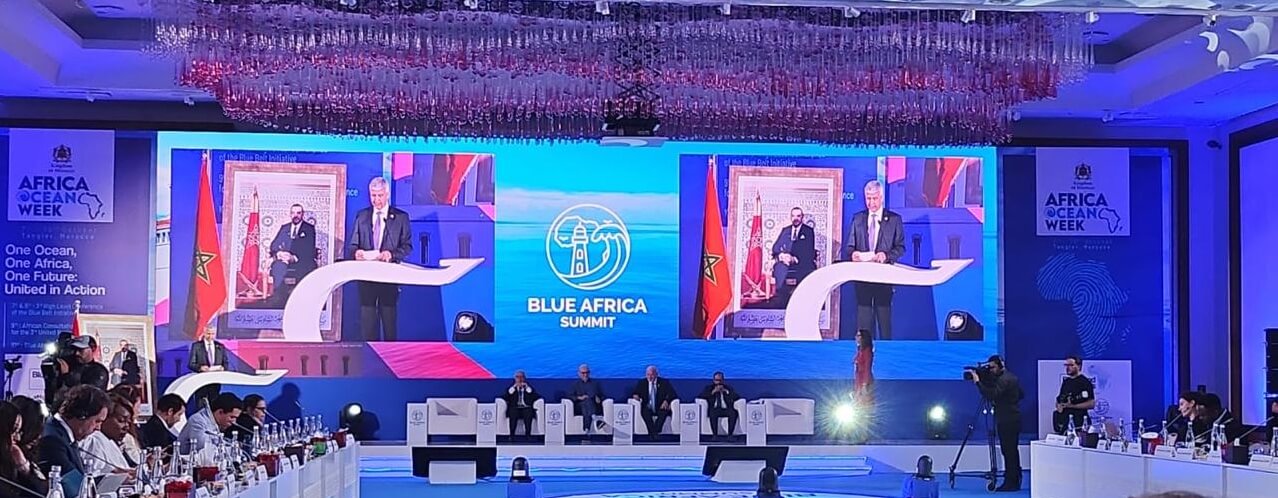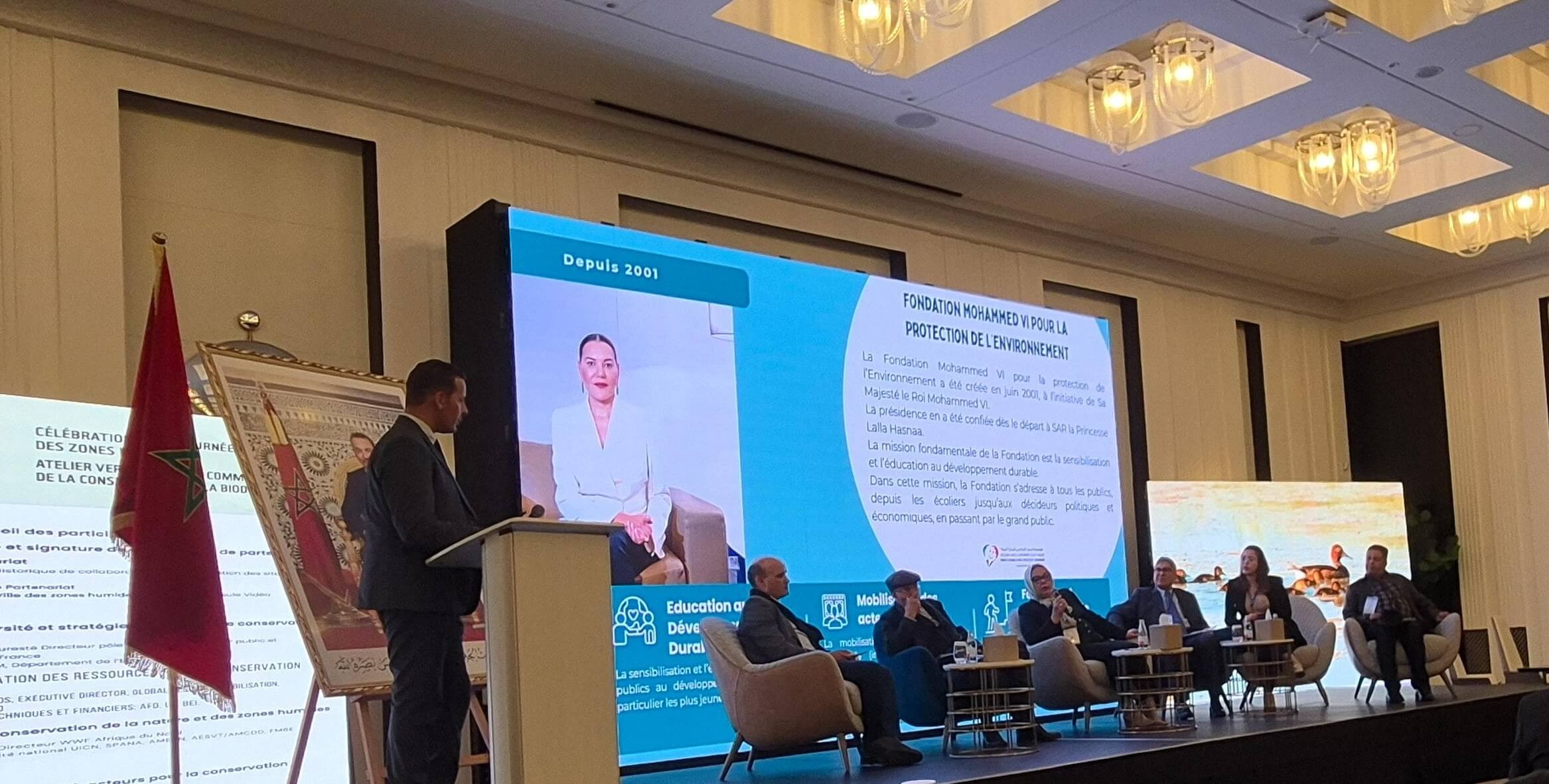
30 May 2012
INTERNATIONAL GREEN KEY LABEL 70 tourist accommodation establishments in Morocco labeled in 2012
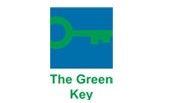
This ecolabel aims to change the behavior of business managers, their staff, the authorities, elected local officials, and clients by involving and making them aware of their responsibilities to protect the environment.
Green Key membership is voluntary and renewable annually at the request of the candidate, and thus is a continuous improvement process. Compliance with the Green Key consists of conformity with a grid of 95 criteria: environmental management; employee involvement; customer information; water, energy and waste management; indoor environment; green space management, food; green activities; etc.
From 2008 to 2010, the FM6E led this program in a pilot implementation phase at a sample of tourist facilities in order to establish the first ecolabel in Morocco, and then establish a more appropriate approach to granting and monitoring.
With the support of the Moroccan National Tourist Office (ONMT), the Green Key has coherently progressed and developed. Thus, this year the ecolabel was awarded to 70 tourist accommodations (29 hotels, 25 guesthouses, and 16 institutions of all types (inns, lodges, etc.)) located in all regions of Morocco. This year, internationally prestigious and environmentally conscious luxury establishments also became Green Key members.
The decision to award the Green Key label is mainly based on visits to candidate establishments and on the audit reports prepared by external expertise. This decision is part of an independent national panel chaired by the FM6E (authorized representative of Morocco’s Green Key Eco-label). It is composed of representatives from the public and private sector, who have a qualitative contribution in implementing and developing the label. As the guarantor on behalf of the international headquarters in Denmark, the national jury meets every year to award and renew the labels.
The United Nations Environment Programme (UNEP) and the World Tourism Organization (WTO) support the Green Key. It is the primary international network of eco-friendly tourist accommodations with 1,800 labeled institutions worldwide.

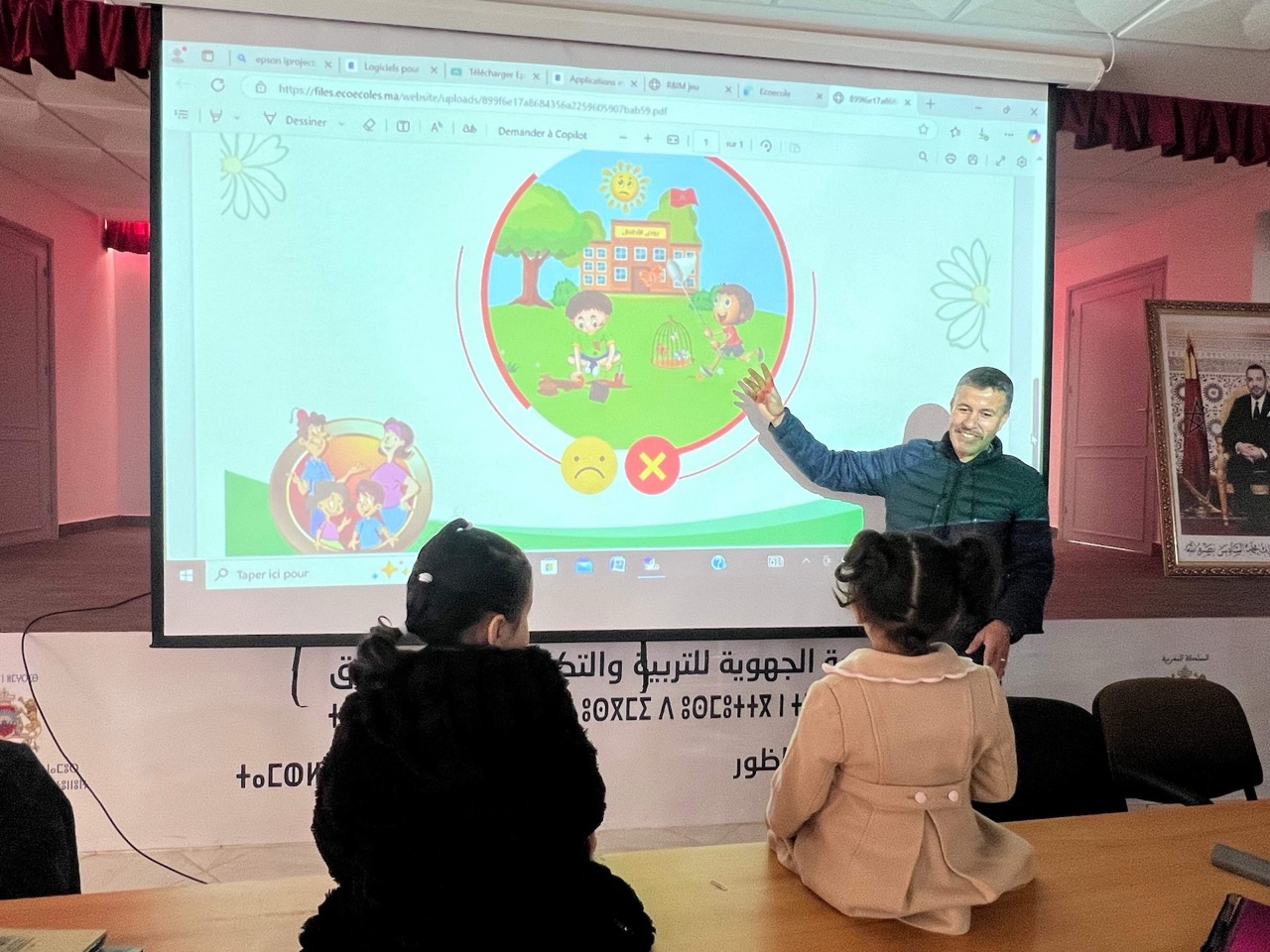
Provincial Workshop in Nador for Capacity Building in Education for Sustainable Development for the Eco-Schools & and Young Reporters for the Environment Community
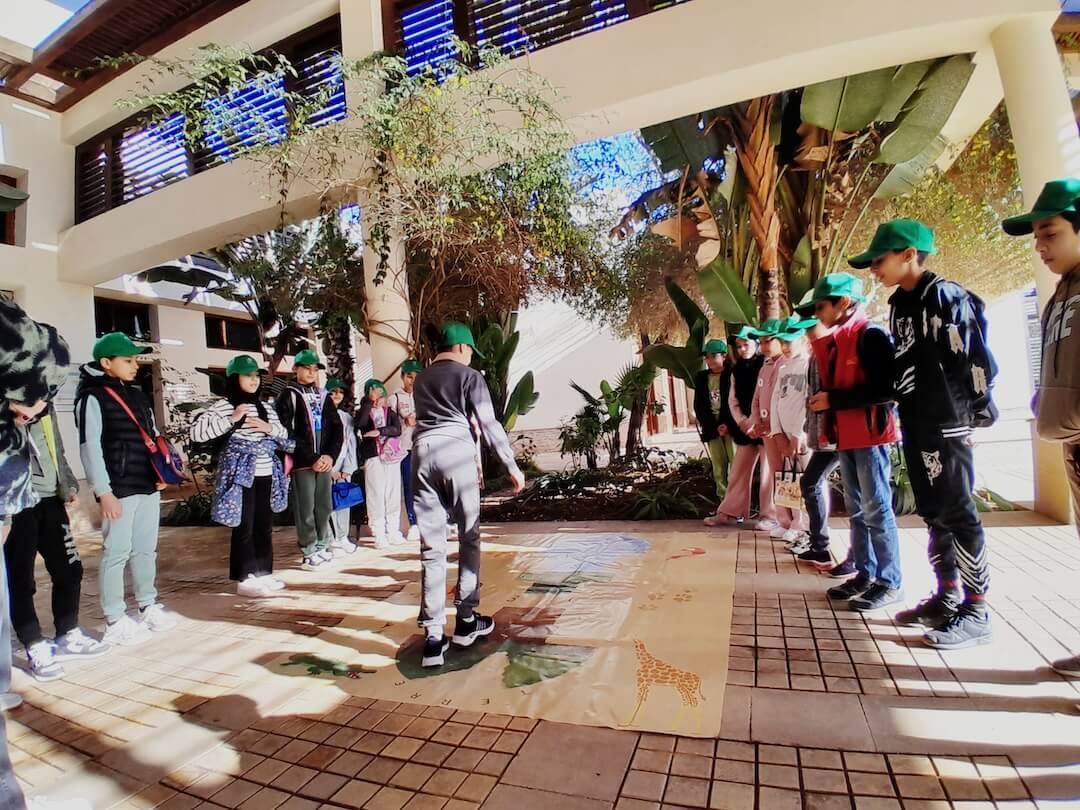
Exploring Biodiversity: Eco-School Students on a immersive journey Through Rabat’s Zoological Garden
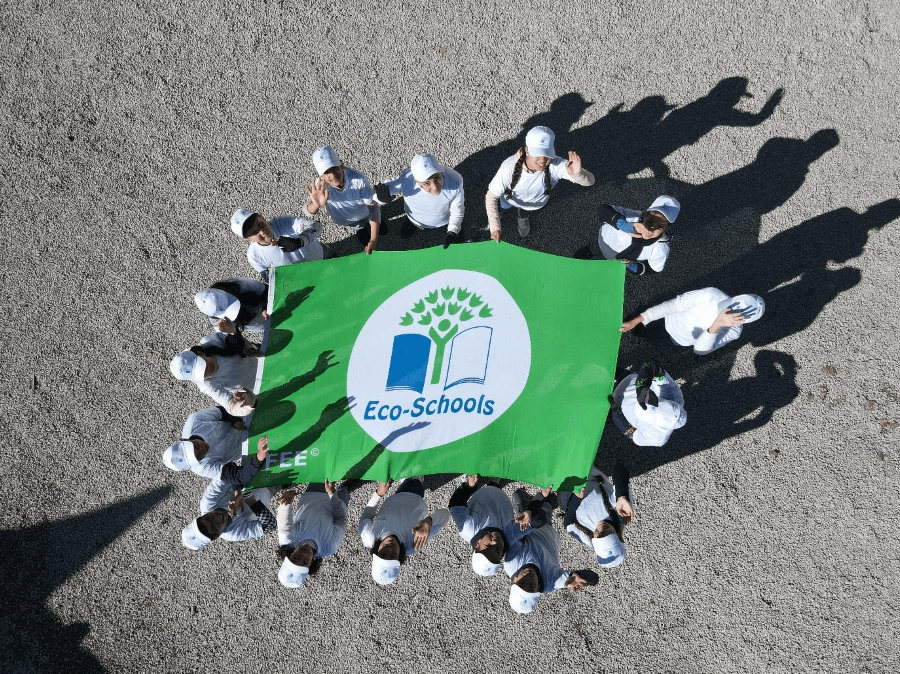
90 Green Flags Awarded for the 2023/2024 School Year
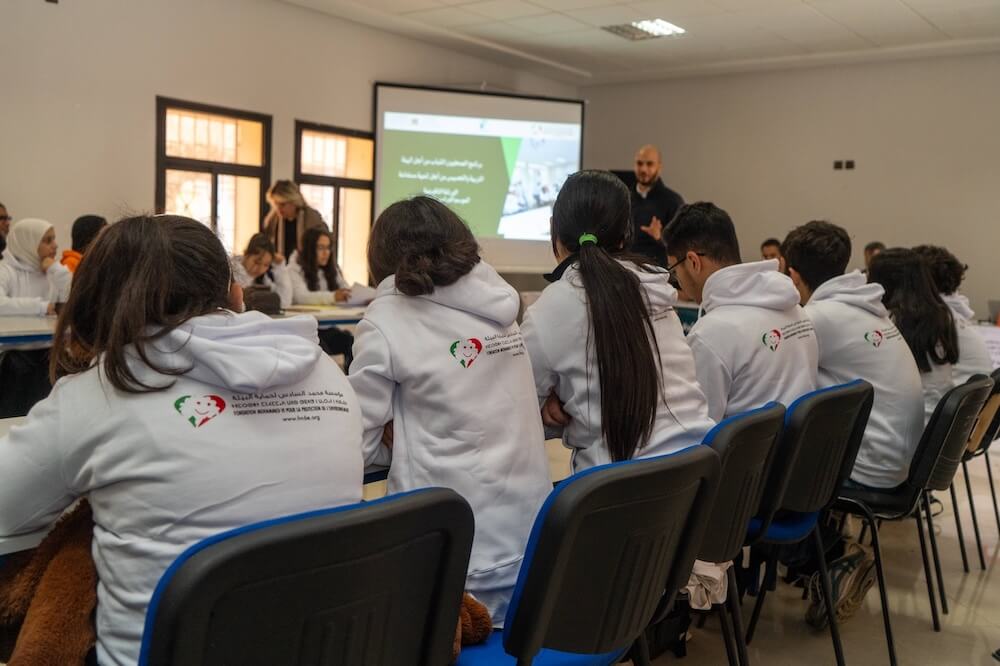
Enhancing Education for Sustainable Development: Launch of Regional Workshops for the Training and Capacity Building of the Educational Community for the 2024-2025 School Year
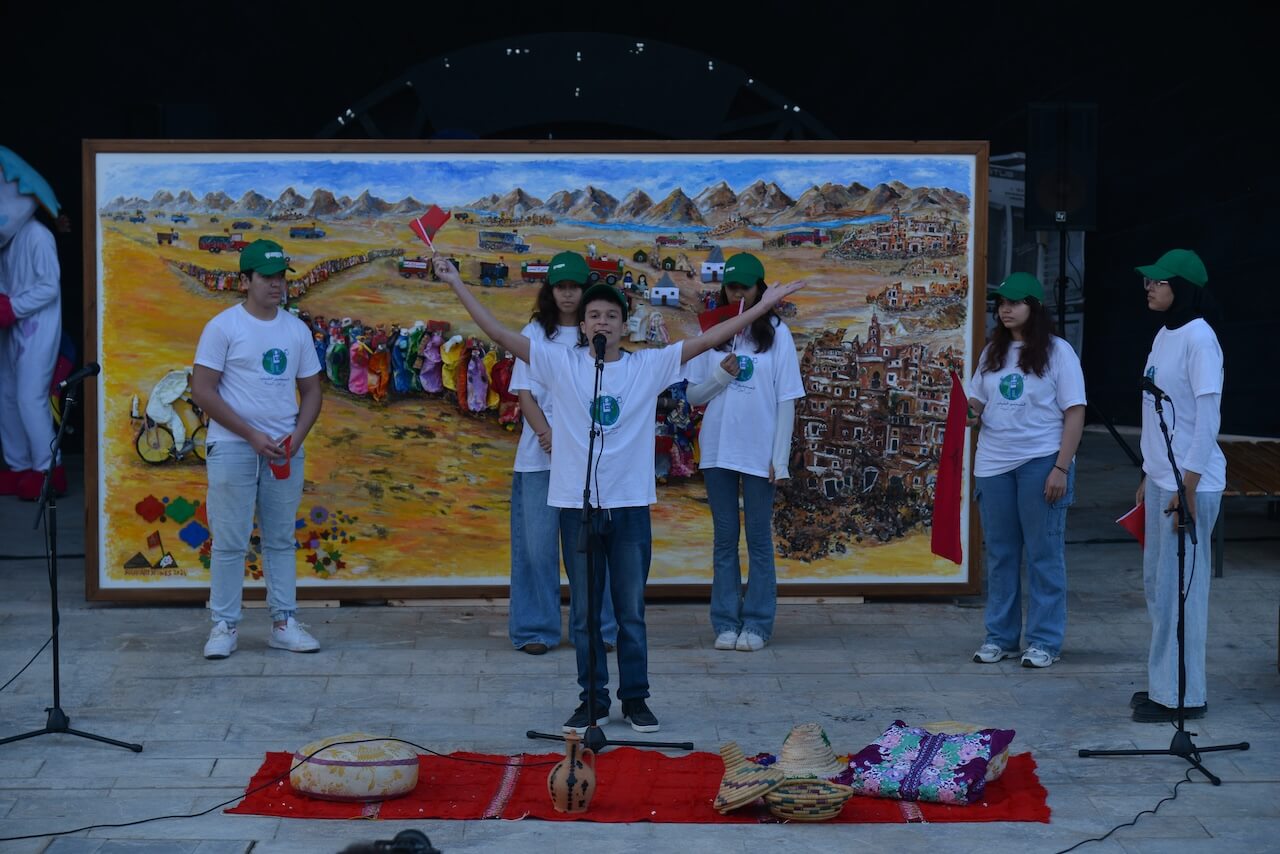
National Training Workshop for Coordinators of Education for Sustainable Development: Driving Innovation and Digitalization for Change, with the Restitution Ceremony of the Solid’Art Jeunes Project
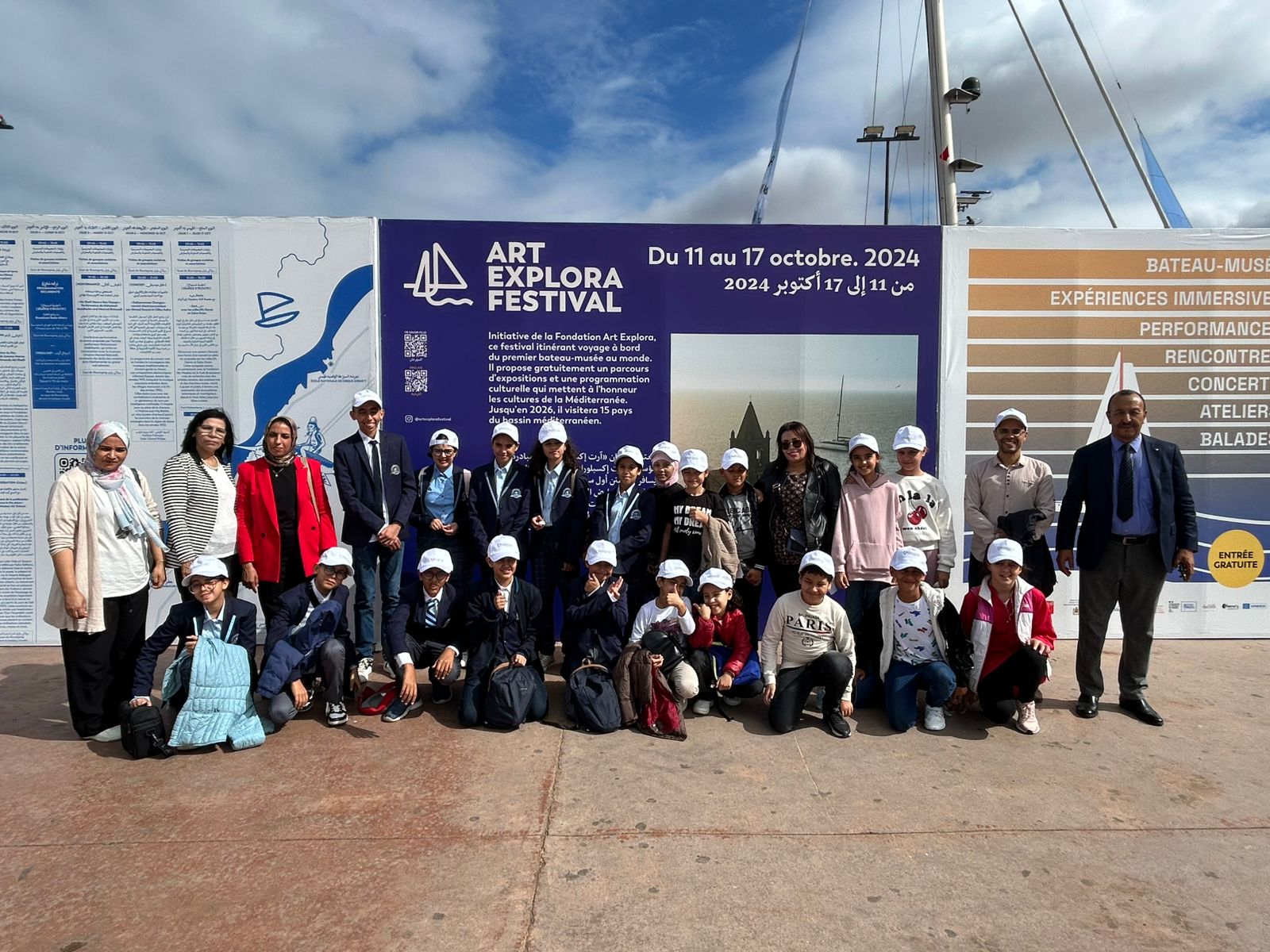
Sustainable Creativity: Eco-Schools and Young Reporters for the Environment dive into the World of ArtExplora in Rabat
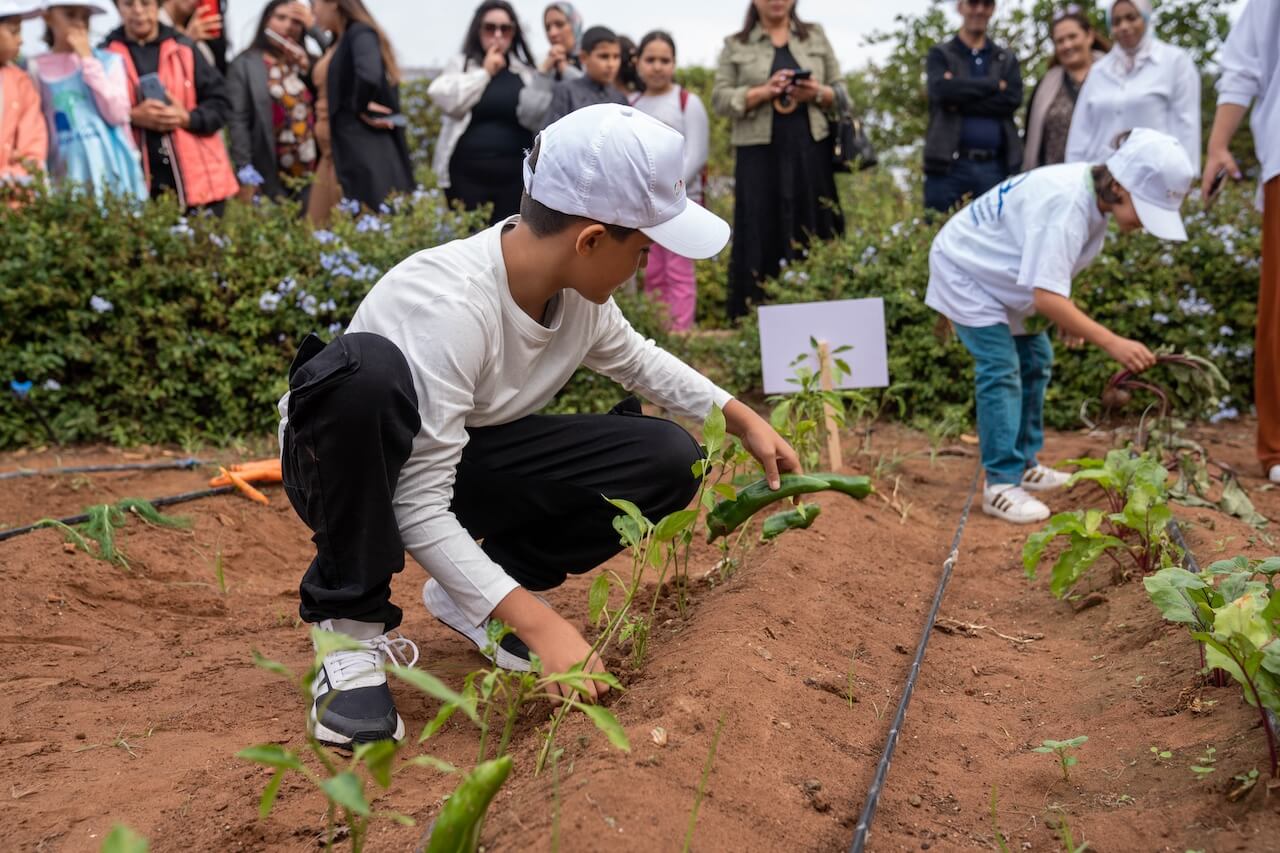
World Food Day
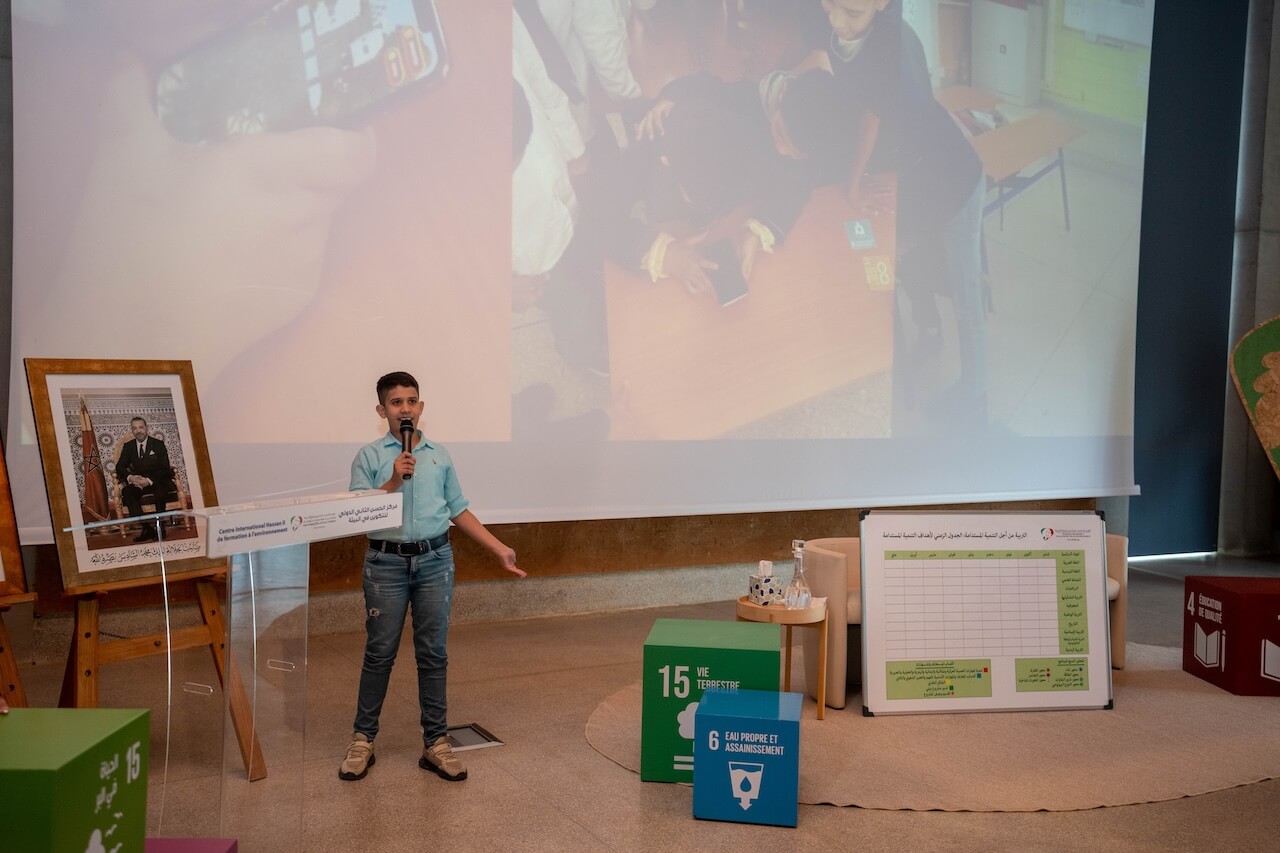
World Environmental Education Day
